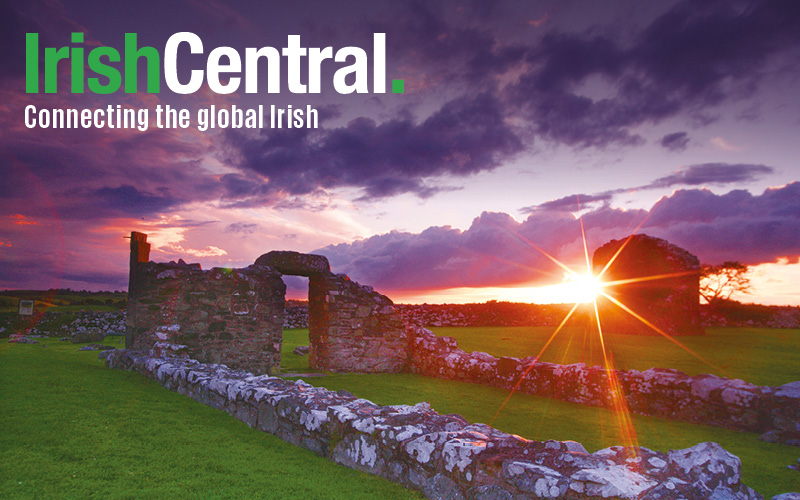[A follow-up piece to the article below was published on 10 August, called Coming around on the Muslim Cultural Center near Ground Zero.]
In New York, if you ask: Should we build a Muslim interpretation center near Ground Zero? you get two kinds of answers.
Bloomberg's "yes" is the kind you expect from a good judge. He reminds us that we have real estate laws in New York and you can not go discriminating against people that want to buy property. Similar principles apply to zoning, but there's more room to wiggle there. His answer is the official New York answer. I like it when society has principles you can count on.
Bloomberg made the Landmark Board's decision into a photo-op with the Statue of Liberty in the background. He wanted to make a point about religious freedom.
The mosque is not just a mosque, it's a multi-storied complex, that will interpret the events of 9/11. It seems more like an Islamic 9/11 Interpretation Center, than it does a house of worship being built for a community in the neighborhood. As a multi-purpose facility, it will become part of Ground Zero, and act like a museum with exhibits. As there were so many Muslim victims of 9/11, you would want their story to be present at Ground Zero with everyone else. With this new interpretation center (with mosque), Muslim victims of the attack will have an exceptional facility to tell their story.
Now ask the mayor another question. Ask him if we should build an Irish American Museum at Ground Zero?:
Here's where you get the second kind of answer.
The second kind is the one a lot of Irish American New Yorkers would give if asked whether they want to see a Muslim Museum at Ground Zero: no. Irish Americans are rightly sensitive about any perceived triumphalism by Muslims at Ground Zero in opening what would become a highly trafficked tourist attraction for the interpretation of these events.
This is not a Freedom of Religion argument. This is about shaping the Ground Zero zone. It's about what the city wants to zone for that area. There's already a mosque within walkng distance from Ground Zero. Building a mosque where there is no religious community demanding it, means the building is being built specifically with the 9/11 memorial in-mind. That's a zoning issue for a special space, that intends to do more than provide religious santuary. As such, it is appropriate for a zoning board to determine how such a facility would fit in with the vision for the Ground Zero area, as is normal in city planning.
It's better to keep the museums surrounding 9/11 about everybody in New York rather than specific victim groups. This is the basis of my initial feeling of objection to building an interpretation center there. It's not universal enough. It's inflammatory, not because of the terrorists, but because it gives one set of victims special recognition. Muslim died in the towers, as did many other groups.
Not all groups will have a center very near Ground Zero to present their story.
The British Garden of Remembrance was opened when the queen of England cut the ribbon last month, years ahead of the opening for the Ground Zero memorial. You have to expect this kind of premature mythology-grabbing from those who wear crowns of diamonds snatched from Hindu statutes. One group is exalted of all the victims.The British Garden, not the mosque, was the first step in what will become the politics of recognizing the loss of some, while forgetting others.
A Muslim interpretation center is an interesting idea, and will probably turn out splendidly, but it is bothersome that the Greek church destroyed on 9/11 will not be rebuilt, and that other groups won't have the resources available to the Muslim community or the British, to tell their story of that day.
This is about zoning the Ground Zero area properly, and it seems those decisions have been made.
I could make a good case for building an Irish American Museum at Ground Zero, and in the spirit of fairness, such an idea should be embraced as warmly as the Muslim Interpretation Center is being.
There were as many Irish American New Yorkers killed on 9/11 as other ethnic groups, and many of the Irish were killed running back up the towers to save others. But it feels wrong to say that. They wouldn't want to be singled out in especially. It's for everybody to grieve.
The most poignant reason for an Irish American museum in New York is the Firefighter response of men like Mychal Judge. Irish history in New York is wound up with the Fire Department. Less importantly, but still also heart-breaking to Irish New Yorkers--was the loss of a major chunk of our history on 9/11.
In the ground of downtown New York, they unearthed artefacts of the early city, and found early Irish slums and objects among the refuse. Precious bits of our ancestors' lives emerged including items that showed their wish to maintain "respectability" while living in squalor as Rebecca Yamin has written.
The artefacts were bound to become an exhibit on Irish New York, and Archaeology magazine did a story called Digging about it. The 9/11 attacks destroyed many of the relics and much of the documentation that catalogued these items. We've been left in some cases with no clue about what was lost.
When they found the Irish artefacts and other materials from the Five Points dig, they were stored in the basement of World Trade Center 6. When the WTC was destroyed, some of the objects to survive were excavated a second time, while rescue workers searched for the remains of friends and neighbors of all ethnic backgrounds.




Comments